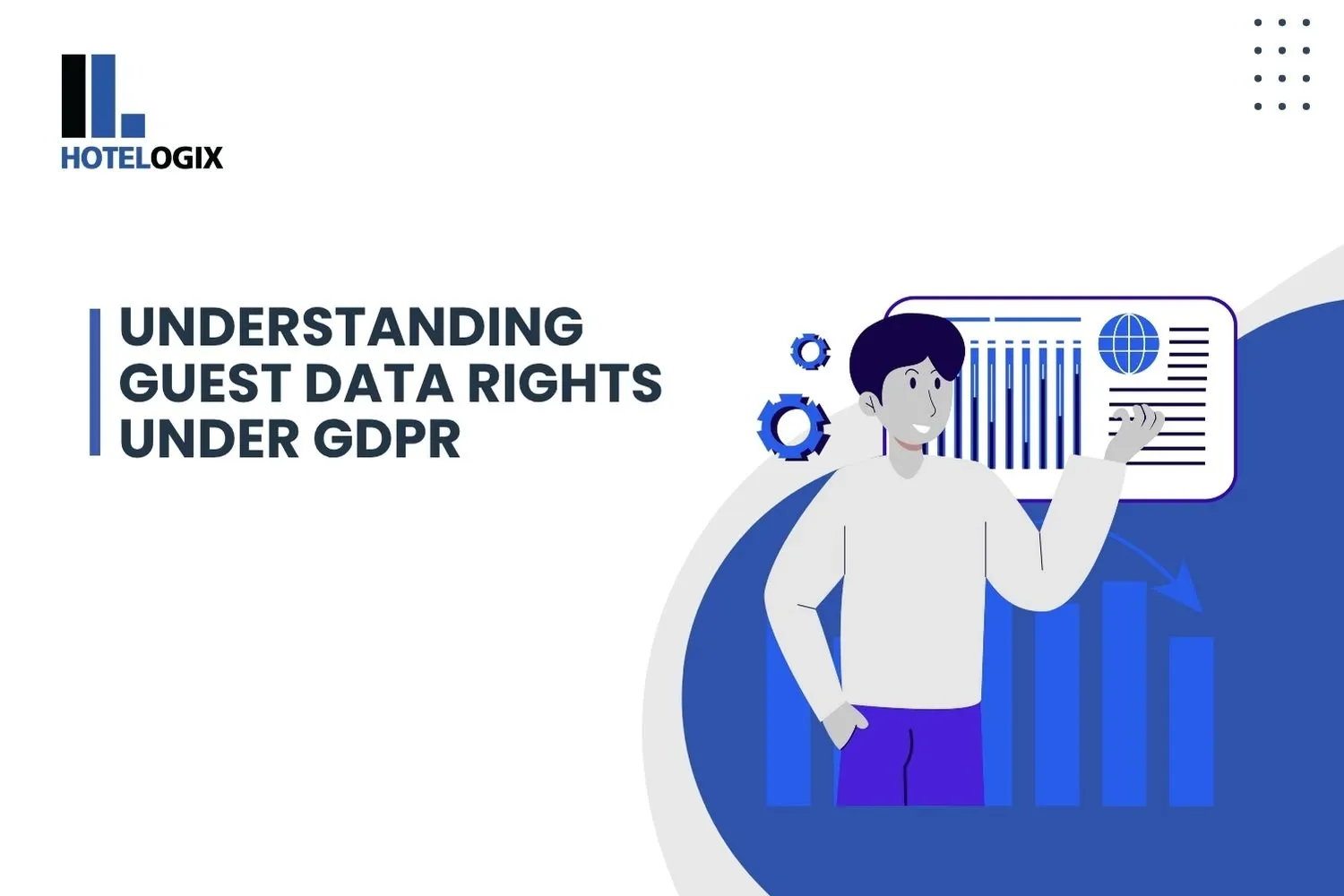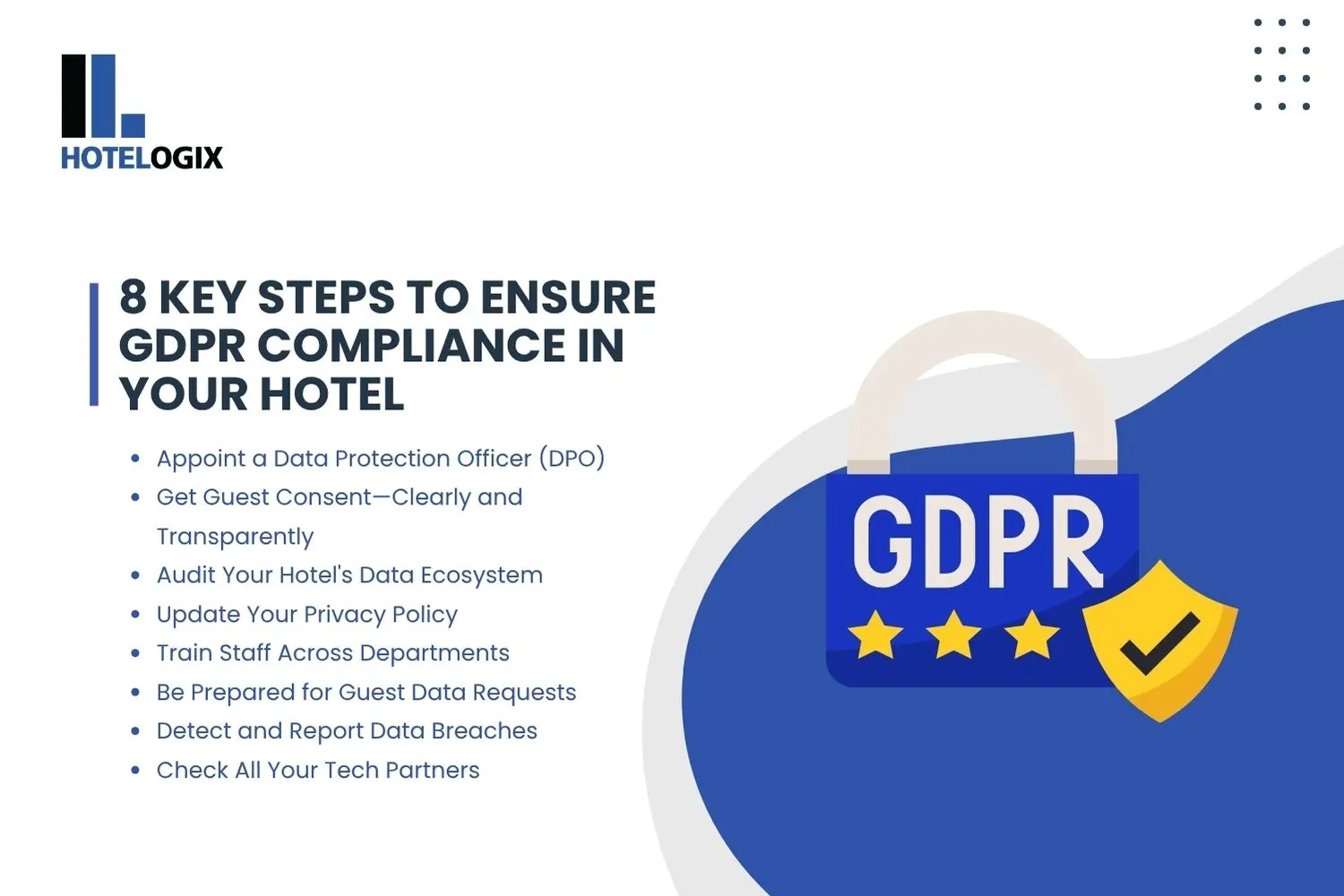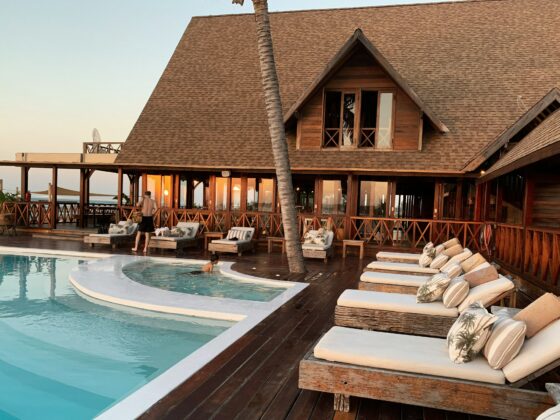Introduction: Why GDPR Still Matters for Hotels
Every time a guest books a room, fills out a check-in form, or signs up for your loyalty program—they’re trusting your hotel with personal data.
In an age where guest trust equals brand value, the General Data Protection Regulation (GDPR) remains one of the most important compliance frameworks for hotels operating in or serving guests from the European Union.
Whether you run a boutique hotel in Manila or a resort chain across Southeast Asia, GDPR applies if you handle data from EU guests. And in 2025, with growing concerns around cyber breaches and data misuse, staying compliant is both a legal and business priority.
Real-World Impact: The Marriott Settlement
In October 2024, hotel giant Marriott agreed to pay a staggering $52 million settlement to 50 US states for a massive data breach that impacted 131.5 million American customers. The breach, which went undetected from July 2014 to September 2018, exposed approximately 339 million guest records globally, including sensitive personal details.
This settlement serves as a stark reminder that data protection failures carry enormous financial consequences, even years after the breach occurs.
Table: When Does GDPR Apply to My Hotel?
|
Scenario |
GDPR Applies? |
|
Your hotel is based in the EU |
✅ Yes |
|
You accept online bookings from EU citizens |
✅ Yes |
|
You collect guest emails for promotions via your website |
✅ Yes |
|
You use a PMS that stores EU guest data |
✅ Yes |
|
You don’t serve EU guests or store their data |
❌ No |
Understanding Guest Data Rights Under GDPR

As a hotel, you’re the data controller. That means you’re responsible for how guest information is collected, stored, and shared. GDPR grants guests (called data subjects) the following rights:
|
Guest Right |
What It Means for Your Hotel |
|
Right to Access |
Guests can request to see what personal data you hold and how it’s used. |
|
Right to Rectification |
They can ask you to correct any inaccurate or outdated information. |
|
Right to Erasure |
Also known as the “right to be forgotten”—guests can request deletion of their personal data. |
|
Right to Data Portability |
Guests can request a copy of their data in a transferable format (e.g., to switch hotels). |
|
Right to Object |
They can opt out of certain types of data processing (e.g., marketing emails). |
|
Breach Notification |
You must inform affected guests within 72 hours of any data breach. |
8 Key Steps to Ensure GDPR Compliance in Your Hotel

1. Appoint a Data Protection Officer (DPO)
If your hotel processes a large volume of EU guest data, appointing a DPO ensures someone is responsible for privacy-related decisions, audits, and documentation.
2. Get Guest Consent—Clearly and Transparently
Avoid pre-checked boxes or vague terms. At the booking stage or check-in, explain:
- What data you’re collecting
- Why it’s needed (e.g., ID verification, payment)
- How it will be stored and for how long
- Whether third parties (e.g., OTAs, payment processors) will access it
Use your website, mobile app, or front desk forms to get explicit, documented consent.
3. Audit Your Hotel’s Data Ecosystem
|
Audit Area |
Example Questions |
|
Data Collection Points |
Where is data collected? (PMS, website, kiosks, Wi-Fi login) |
|
Data Storage |
Is data stored on cloud or on-premise? Is it encrypted? |
|
Data Access |
Who in your team has access? Are role-based permissions in place? |
|
Third-Party Sharing |
Are OTAs, CRMs, or loyalty programs GDPR compliant? |
4. Update Your Privacy Policy
Your privacy policy should be:
- Guest-friendly (no legal jargon)
- Available at booking and on the hotel website
- Regularly updated with changes in data handling practices
5. Train Staff Across Departments
From front desk to reservations, every team member who touches guest data should be aware of:
- What data is collected
- What to say when a guest asks about privacy
- How to escalate data-related concerns internally
6. Be Prepared for Guest Data Requests
You need systems in place to:
- Export a guest’s data upon request
- Permanently delete data when asked
- Respond to requests within 30 days
A cloud PMS with built-in compliance features helps streamline this.
7. Detect and Report Data Breaches
Have a documented breach response protocol. This includes:
- Internal escalation procedure
- Notifying affected guests within 72 hours
- Logging the incident for audit trail
8. Check All Your Tech Partners
Ensure GDPR compliance extends to:
If any third-party tool mishandles data, your hotel is still liable.
The Rising Cost of Non-Compliance
The financial penalties for GDPR violations continue to grow more severe. In 2024, we’ve seen record-breaking fines across industries, with Meta facing a €91 million fine for storing user passwords in plaintext without encryption in September 2024, and LinkedIn receiving a massive €310 million fine in October 2024 for data privacy violations related to behavioral analysis and targeted advertising without valid user consent.
If there were three words to sum up the ideal hotel operations strategy regarding GDPR – Prepare. Protect. Prevent.
How Hotelogix Simplifies GDPR Compliance for Hotels
A powerful Property Management System (PMS) is the backbone of secure hotel operations. Hotelogix Cloud PMS helps hoteliers meet GDPR compliance with built-in capabilities:
|
Hotelogix Feature |
GDPR Benefit |
|
Role-based Access Control |
Limits data access to authorized staff only |
|
Encrypted Guest Data Storage |
Ensures secure handling of personal information |
|
Guest Consent Capture |
Records and logs digital consent at check-in and booking stages |
|
Data Export & Deletion Tools |
Simplifies responses to guest data requests |
|
Integration with GDPR-Compliant Tools |
Ensures all connected systems follow the same security standards |
|
Activity Logs & Audit Trails |
Maintains records of who accessed/modified guest data and when |
“With Hotelogix, we’re confident in how we manage guest privacy. It’s compliance without complexity.” — General Manager, 4-star Resort, Philippines
FAQs on GDPR Compliance
Q1 : Is GDPR only for European hotels?
A: No. Any hotel collecting or storing data of EU citizens must comply, regardless of location.
Q2 : What’s the penalty for non-compliance?
A: Fines can go up to €20 million or 4% of your global annual turnover—whichever is higher.
Q3 : Does Hotelogix offer GDPR support for small hotels too?
A: Yes. Hotelogix supports properties of all sizes with enterprise-level security and compliance features.
Final Thoughts: Guest Privacy Is Good Business
In 2025, compliance isn’t just about avoiding fines. It’s about delivering a guest experience built on trust.
Your guests want to know that their personal details are in safe hands. GDPR compliance, backed by the right hotel technology and reputation management practices, is your way of saying: “We value your privacy as much as your stay.”








